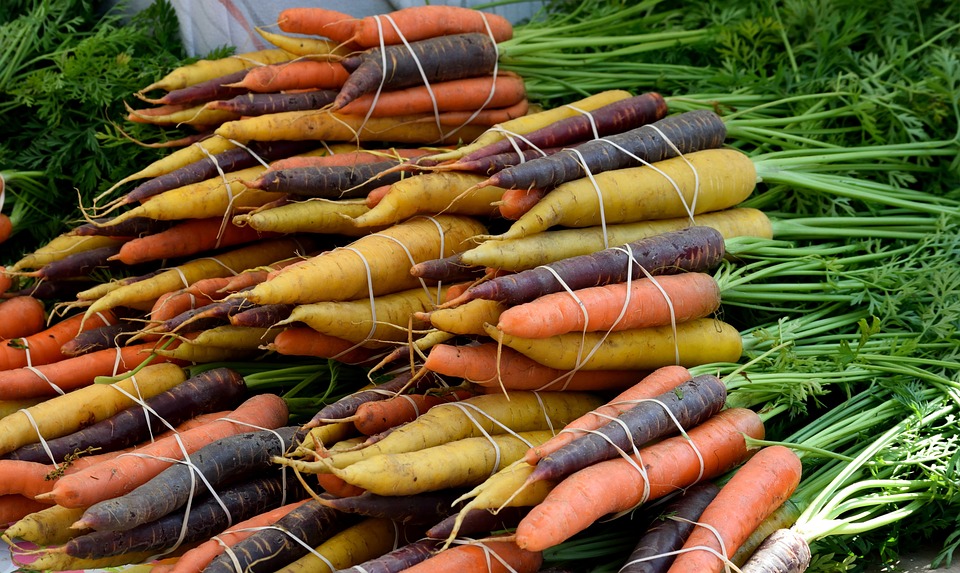The Role of Technology in Sustainable Farming Practices
Living off the grid has been a truly transformative experience for me. Embracing sustainable farming and gardening has given me a profound appreciation for the natural world and a deep sense of connection to the earth. As someone who has spent years living off the grid, I have come to understand the importance of integrating technology into sustainable farming practices. In this article, we will explore the role of technology in sustainable farming and how it can be used to improve efficiency, reduce environmental impact, and enhance the overall sustainability of a farm.
Technology has rapidly evolved and has become an integral part of modern sustainable farming. From soil sensors to crop monitoring systems, technology has drastically improved the way farmers can manage their resources and reduce waste. While some may argue that technology is contrary to the idea of living off the grid, I believe that when used responsibly, technology can actually enhance the sustainability of a farm.
One of the most significant roles of technology in sustainable farming is its ability to improve resource management. With the use of advanced irrigation systems and precision farming techniques, farmers can minimize water and energy usage while maximizing crop yields. For example, soil moisture sensors can accurately gauge the moisture levels in the soil and help farmers determine the optimal time for irrigation, reducing water waste and promoting healthier plant growth. Additionally, automated irrigation systems can be programmed to deliver the precise amount of water needed, further reducing water consumption and energy usage.
Another crucial aspect of sustainable farming is soil health. Technology plays a vital role in monitoring and maintaining the health of the soil. Soil sampling and testing technologies provide farmers with valuable insights into the nutrient levels, pH balance, and overall health of the soil. By understanding these factors, farmers can make informed decisions about soil amendments and fertilizers, leading to healthier and more productive soils.
Moreover, technology has revolutionized crop monitoring and pest management. Drones equipped with specialized cameras can provide farmers with real-time aerial imagery of their fields, allowing them to detect early signs of crop stress, disease, or pest infestations. This early detection enables farmers to take targeted action, such as precision spraying, to minimize the use of pesticides and reduce the environmental impact of pest management.
Livestock management has also benefited from technological advancements in sustainable farming. Wearable sensors and monitoring devices can track the health and activity levels of livestock, providing farmers with valuable data to optimize feeding schedules, monitor reproductive health, and detect early signs of illness. This proactive approach to livestock management not only improves animal welfare but also reduces the reliance on antibiotics and other medications, promoting a more sustainable and natural approach to animal husbandry.
In addition to on-farm technologies, there are numerous digital tools and platforms that offer farmers valuable insights and support for sustainable farming practices. From weather forecasting apps to market analysis software, these digital resources empower farmers with the information they need to make informed decisions and adapt to changing conditions. Furthermore, online marketplaces and direct-to-consumer platforms enable farmers to bypass traditional distribution channels, reduce food waste, and build stronger connections with their local communities.
Pro Tips: When implementing technology in sustainable farming, it’s essential to prioritize low-impact and energy-efficient solutions. Look for solar-powered devices, energy-saving irrigation systems, and other sustainable technology options to reduce the environmental footprint of your farm.
In conclusion, the role of technology in sustainable farming practices cannot be understated. When used thoughtfully and responsibly, technology can greatly enhance the efficiency, productivity, and sustainability of a farm. By integrating advanced tools and digital resources, farmers can optimize resource management, monitor soil and crop health, and promote more sustainable livestock management. As a person who has experienced the benefits of sustainable farming firsthand, I am passionate about embracing technology as a valuable ally in our ongoing efforts to cultivate a healthier, more sustainable food system.



